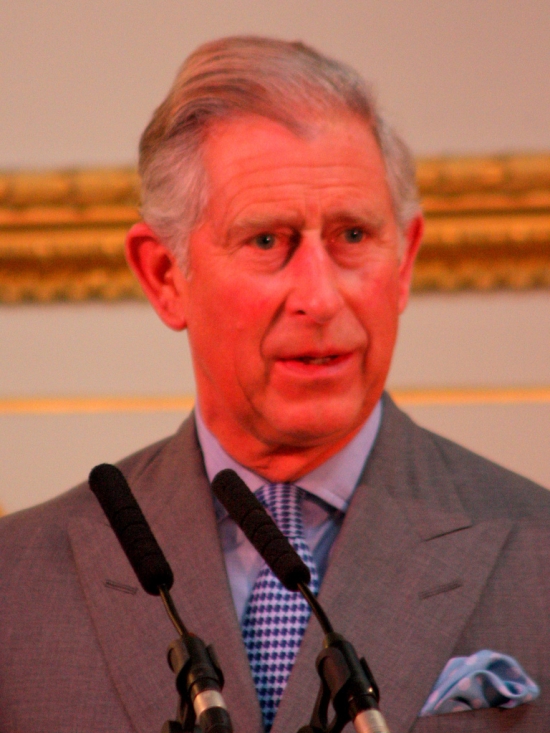The controversy surrounding the status of the Duchy of Cornwall shows no sign of subsiding amid calls for Prince Charles’ tax arrangements to be placed under greater scrutiny.

This week the heir to the throne’s most senior aide appeared before the House of Commons Public Accounts Committee (PAC) where he faced stinging allegations that the landed estate is a ‘medieval anomaly’ and that the prince is ‘dodging around for tax purposes.’
As we reported recently, the Duchy of Cornwall is an £847 million estate that earned the prince an income of £19 million during 2012. While he voluntarily pays income tax on the Duchy’s annual surplus, the estate itself remains exempt from capital gains and corporation tax, a status that is now being widely questioned.
The prince’s private secretary, William Nye, responded to the criticism by insisting that the Duchy was a ‘private estate’ and not, as some allege, a ‘commercial property empire’ or a ‘corporation.’
“Essentially it’s a set of properties that belong to the Duke of Cornwall (Prince Charles). The fact that it’s a large set of properties and its worth a lot of money doesn’t, per se, make it a corporation.
“And the memorandum of understanding establishes that it’s not a corporation subject to corporation tax,” Mr Nye told MPs.
This assertion was disputed by members of the committee who pointed out that the Duchy has a head, who is effectively the estate’s chief executive, it has a trademark and it buys and sells assets.
“If it looks like a duck and quacks like a duck and swims like a duck, you sort of assume it’s a duck,” said Labour MP Nick Smith.
Members were also unhappy with the fact that only HMRC and the royal family know what Prince Charles claims as expenses before paying income tax on the estate’s surplus. This led to calls for disclosure of the figures.
“It would be healthy for our understanding and acceptance of this, and the reputation of the Prince of Wales, if we had greater public understanding of how he has assessed his own expenses,” said the committee chair Margaret Hodge.
Mr Nye responded by saying that it would be ‘inappropriate’ to open the Duchy’s books to public scrutiny.
It is not clear what the next move will be but, with calls for government action growing louder and the Duchy seemingly unwilling to give ground, this controversy seems destined to continue.
Previous Post
Enterprise Zones to Benefit from Further Funding Boost